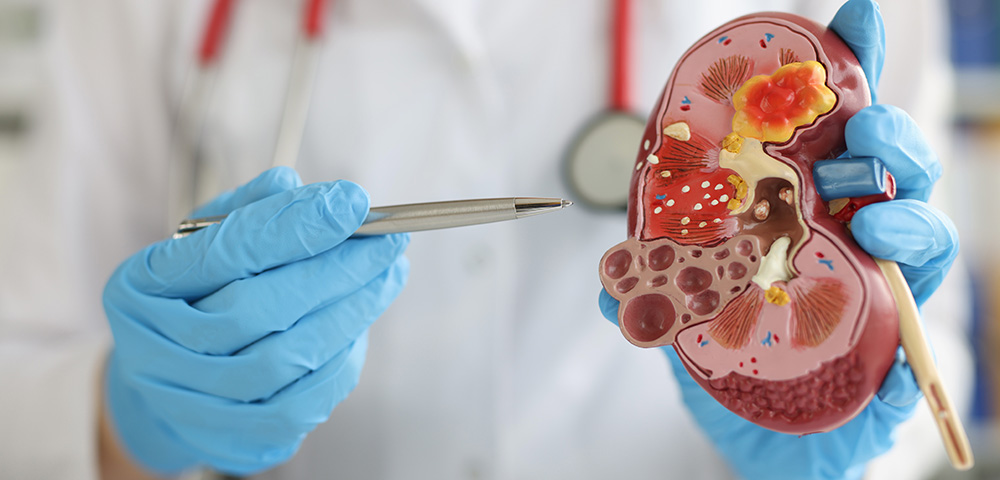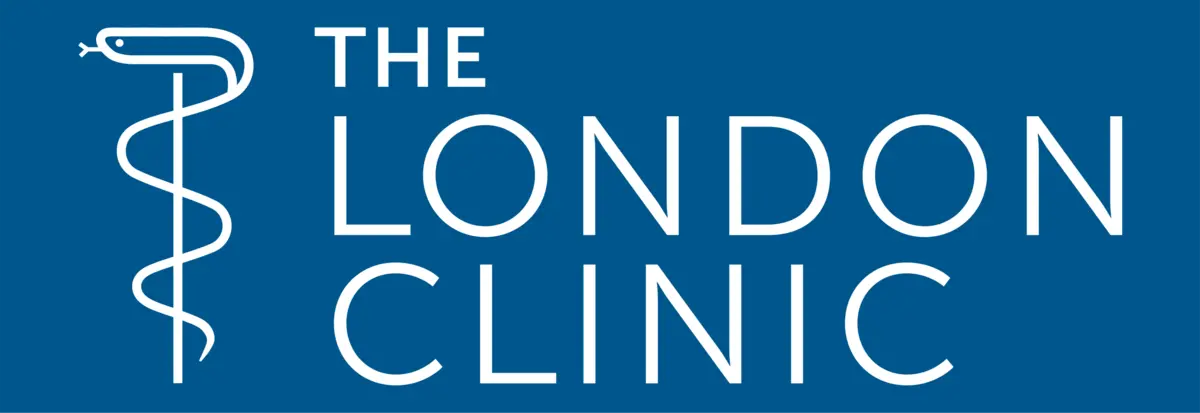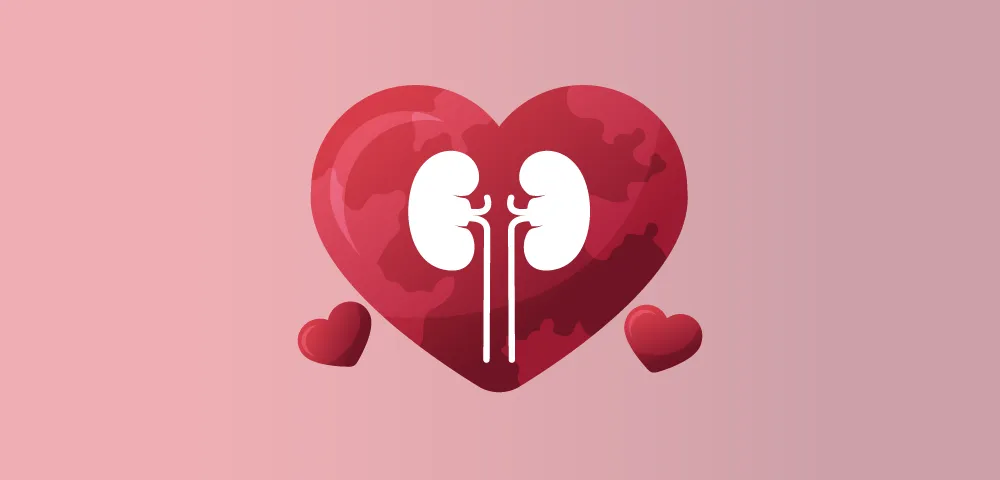Kenya has made significant strides in healthcare, offering world-class medical services to its citizens and international patients alike. Among these medical advancements is kidney transplants.
We understand that the journey towards a kidney transplant is not merely a medical decision but a deeply personal one, fraught with emotional and financial challenges.
By understanding the factors that influence kidney transplant costs in Kenya, you can better prepare for the financial implications and explore available resources to support your treatment.
Key Takeaways
1. There are five stages of chronic kidney disease.
2. The cost of a kidney transplant depends on your health, age, the hospital, and region.
3. The waiting period for a kidney transplant might be shorter if a living donor from your family who is a match for you is willing to donate their kidney to you.
Do you need to get more information about kidney transplant treatment costs in Kenya? Talk to a patient support specialist to help you with all the information you need.
When the kidneys lose their filtering ability, treatment is needed to replace the damaged or unhealthy kidney with a healthy one.
The common causes of kidney failure (end-stage renal diseases) include:
- Polycystic kidney disease
- Diabetes
- Chronic, uncontrolled high blood pressure
- Chronic glomerulonephritis and interstitial nephritis
What Are the Stages of Chronic Kidney Disease?
There are five stages of chronic kidney disease, and they are based on eGFR (estimated glomerular filtration rate)
Stage 1: You have a normal eGFR of 90 or higher and mild kidney damage. You may not have any symptoms, and your kidneys are still working well.
Stage 2: The eGFR has decreased to between 60 and 89, and you have mild kidney damage. You may experience signs of kidney damage, such as protein in your urine or physical damage, although your kidneys are still working well.
Stage 3 a: Your eGFR is between 30 and 59, with mild to moderate kidney damage. Symptoms at this stage are high blood pressure due to your kidney’s inability to filter waste and extra fluid out of your blood.
Stage 3 b: The eGFR is between 30 and 44, with moderate to severe kidney damage. With immediate medical treatment and healthy lifestyle changes, patients in stage 3 do not move to stages 4 and 5.
Stage 4: The eGFR is between 15 and 29, and you have moderate to severe kidney damage. Signs and symptoms at this stage are high blood pressure, bone, and heart diseases, swelling of your hand and feet, and pain in your lower back.
Stage 5: You have an eGFR of less than 15 and severe kidney damage. At this stage, the kidneys have stopped working.
Are you in need of a pre-transplant evaluation? Talk to our patient support specialist and get a thorough kidney evaluation process from the top kidney transplant specialist in our hospital network.
How is the Kidney Transplant Process?
Here are six steps of the kidney transplant process.
Step 1: Donor and Recipient: The transplant team operates on you and the donor at the same time.
Step 2: Administration of Anaesthesia: The surgeon administers anaesthesia to you and the donor
Step 3: Kidney Removal: One surgeon removes the kidney from the donor
Step 4: Surgical Prep: Another surgeon preps your body for the donated kidney.
Step 5: New Kidney Attachment
Step 6: Closure of surgical incisions of both you and the donor.
READ: How to Get a Kidney Transplant

Why Choose Kenya for Kidney Transplant?
With multiple hospitals offering high-quality kidney transplant surgery and patient care at affordable cost, Kenya is the preferred medical destination in Eastern Africa for this procedure.
Here are reasons to choose Kenya for a Kidney Transplant:
- Availability of experienced Kidney Transplant Surgeons.
- Cutting-edge medical technology for kidney transplant treatments.
- Kenya offers affordable kidney transplant costs.
- The high success rate of Kidney transplants provided in hospitals in Kenya.
- Pre-transplant and post-surgery care provided to patients.
Why is Kidney Transplant Expensive?
Kidney transplant is a complex procedure that requires the use of advanced equipment, medications, and medical supplies, as well as experienced kidney transplant surgeons and other medical experts.
Here are the factors affecting the cost of a Kidney transplant:
- Comprehensive pre-transplant testing and evaluation
- Kidney transplant surgery
- Post-operative hospital stays
- Outpatient follow-up testing and care
- Anti-rejection medication
- The transplant surgeon and other medical professionals
- Rehabilitation and physical therapy
How Much Does a Kidney Transplant Cost in Kenya?
The Kidney transplant cost depends on your health, age, the hospital, and region. Some hospitals in Kenya offer comprehensive Kidney Transplant packages for as low as Ksh. 1.7m.
Cost Comparison to Other Countries
The average cost of kidney transplants in different countries is as follows according to Lyfboat:
| Country | Kidney Transplant Cost in USD |
|---|---|
| Kenya | $13,200 |
| India | $13,500 |
| Egypt | $15,000 |
| Turkey | $20,000 |
| Thailand | $30,000 |
| United States of America | $70,000 |
| United Kingdom | $76,000 |
According to FLYMEDI, the average cost of kidney transplants is as follows in countries in the South East Asia, Europe and Middle East is:
| Country | Kidney Transplant Cost in Euros |
|---|---|
| Philippines | €10,000 |
| Germany | € 75,000 |
| Turkey | € 32,000 |
Are you planning to travel for medical treatment to any of our partner hospitals for a kidney transplant? Talk to our patient support specialist and get the estimated cost of your medical treatment.
How Long is the Kidney Transplant Waiting List?
While waiting for a donated kidney to become available, you need dialysis.
The waiting time for a kidney transplant is typically between two and three years, but it can be either shorter or longer depending on the availability of donors.
A living donor from a family who is a match for you might shorten the waiting period.
You need to eat a healthy diet, do regular exercise, if possible, cut down on alcohol, and stop smoking while you are on a kidney transplant waiting list.
READ: 15 Common Questions About Kidney Transplant









